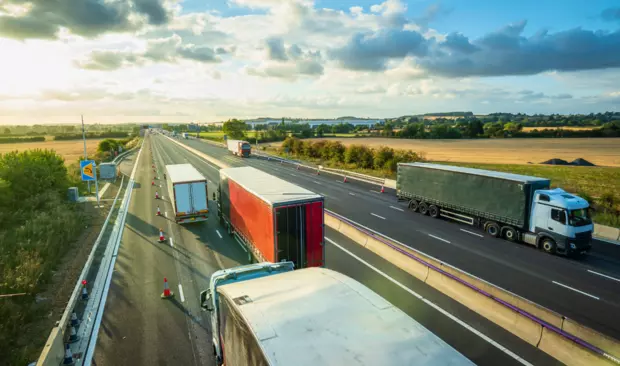What is reshoring?

Understanding the move back to British shores
In the last few years, a quiet but significant shift has been unfolding in the business world. It's called reshoring, and it's changing the way British companies think about production and manufacturing.
What is reshoring?
Picture this: industries once scattered across the globe, now bringing operations back to where they began. This is the essence of reshoring. It's the process of bringing back manufacturing and production to the UK's shores, reversing the outsourcing tide.
But why this sudden homeward bound?
According a Make It British study, shoppers in the UK are more likely to 'buy British' because they want to support manufacturing job creation and boost their local economy:
- 69% of consumers are more likely to buy UK-made products
- 88% are willing to pay extra for UK-made goods
- 90% want to see the UK government do more to encourage UK-made products
These recent findings are a clear indicator of the rising tide of economic nationalism, reflecting a broader global trend towards supporting local industries and economies. Reshoring is not just a business strategy but also a response to a growing public demand for locally made products.
Example: British Automotive Industry
A prime example of reshoring can be seen in the British automotive industry. Companies like Aston Martin have made significant moves in bringing their production back to the UK, citing quality control and brand reputation as key reasons. This move not only supports the local economy but also ensures better control over manufacturing processes.
The pros and cons of reshoring
Pros
- Enhanced quality control: Closer proximity means better oversight and product quality.
- Boost to the local economy: Reshoring can create jobs and energise local industries.
- Eco-friendly operations: Shorter supply chains lead to reduced transportation emissions.
- Agile market response: Being near to the market allows for quicker adaptation to consumer needs.
Cons
- Increased costs: Operating in the UK often comes with higher labour and production expenses.
- Investment requirements: Reshoring can demand significant capital for infrastructure and training.
- Supply chain adjustments: Rebuilding supply chains locally requires time and careful planning.
The future of British business
Reshoring marks a strategic shift in the business world, reflecting a deeper appreciation for quality, control, and local economic contribution. While it presents certain challenges, particularly in terms of costs and supply chain management, the long-term benefits offer a promising outlook. With technologies like ERP systems in play, reshoring becomes not just feasible but also a potential catalyst for a more robust and sustainable British economy.